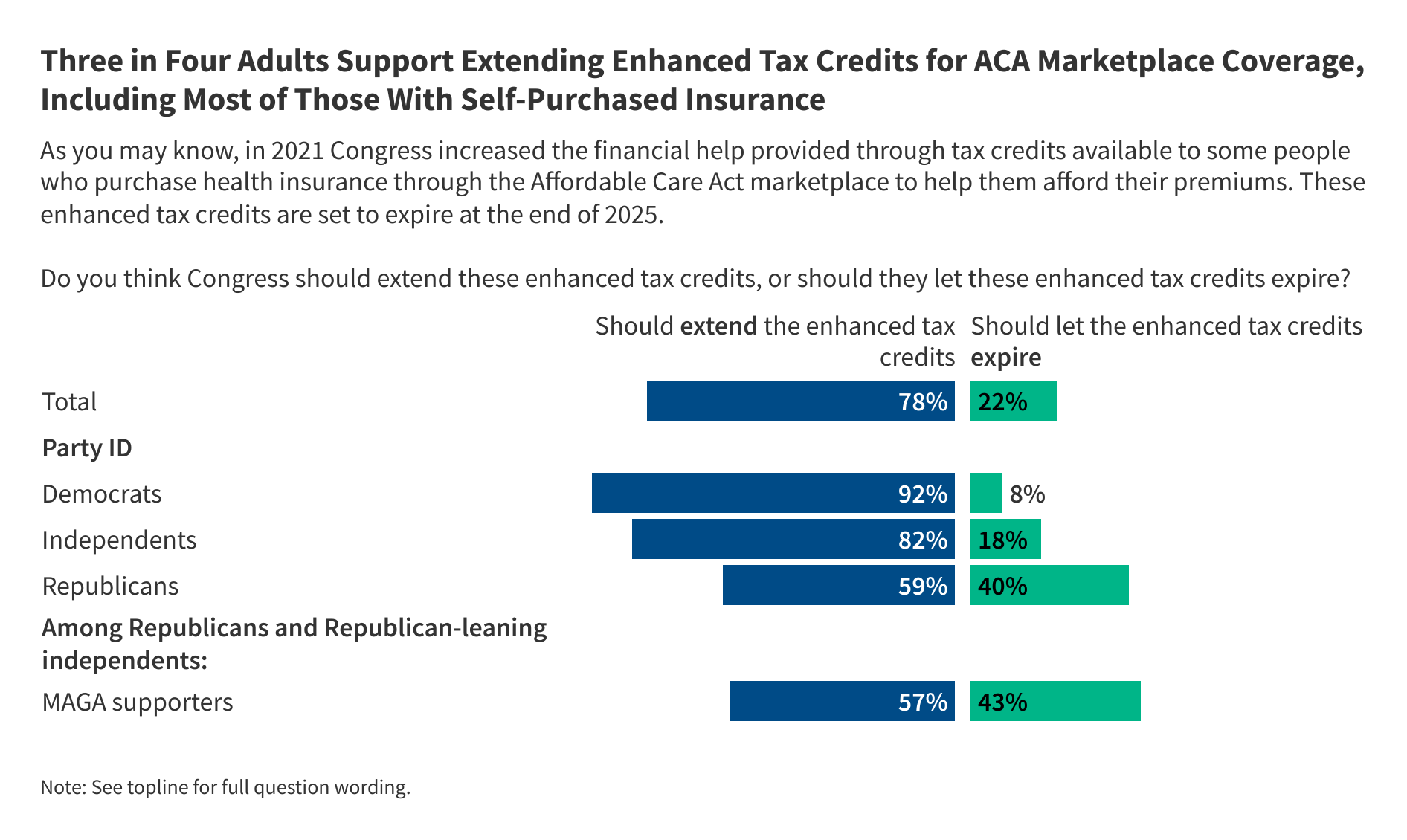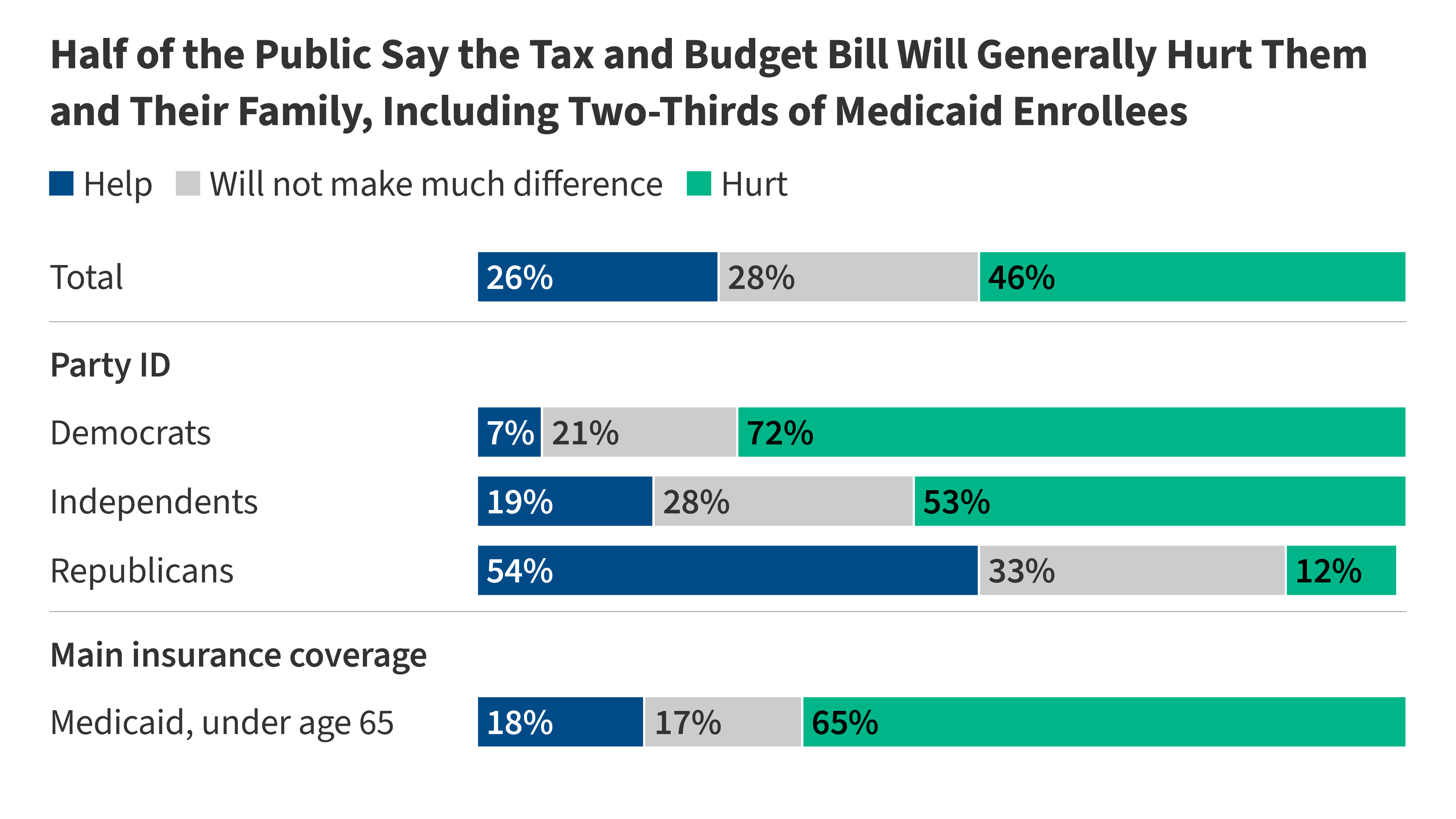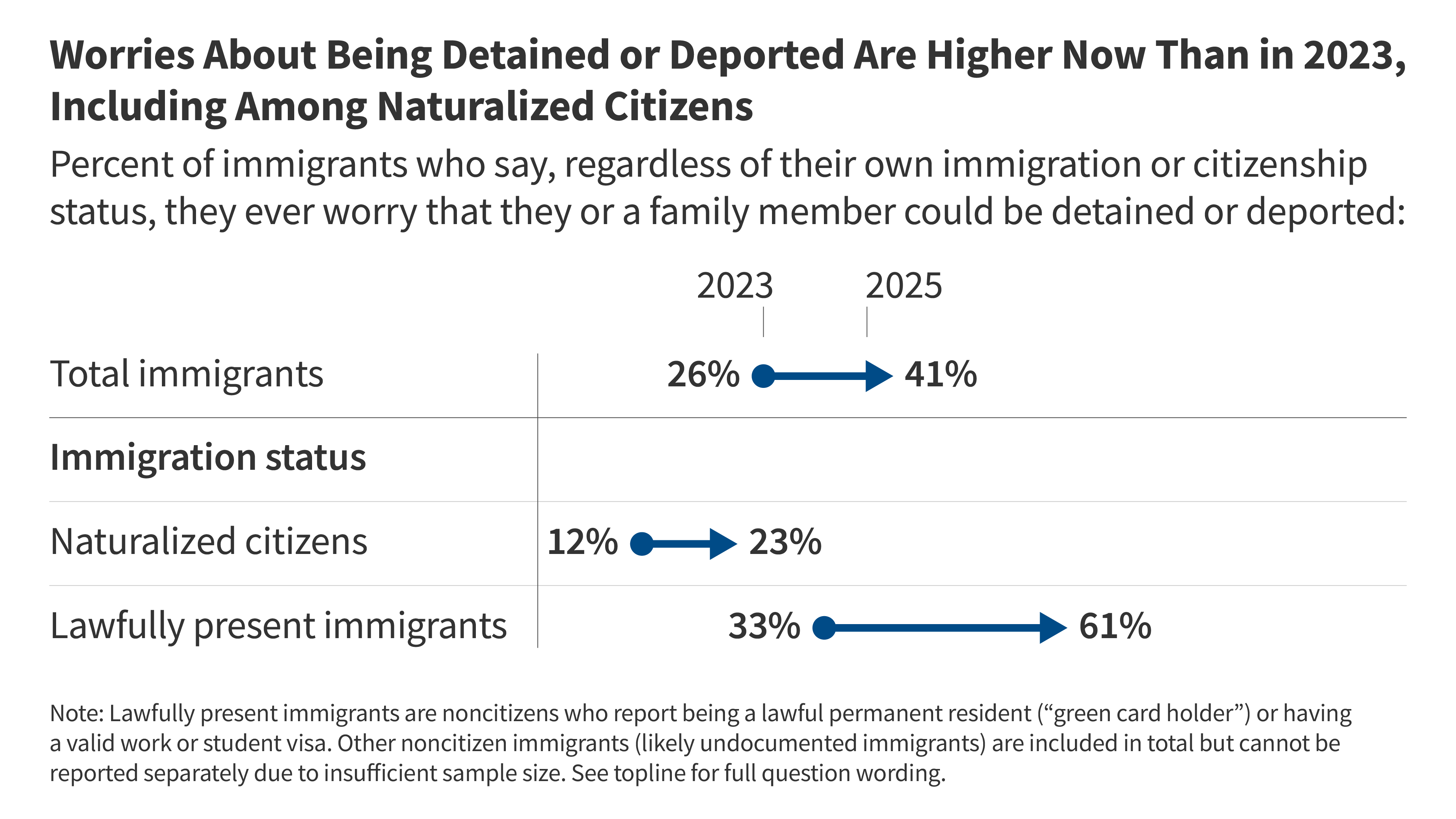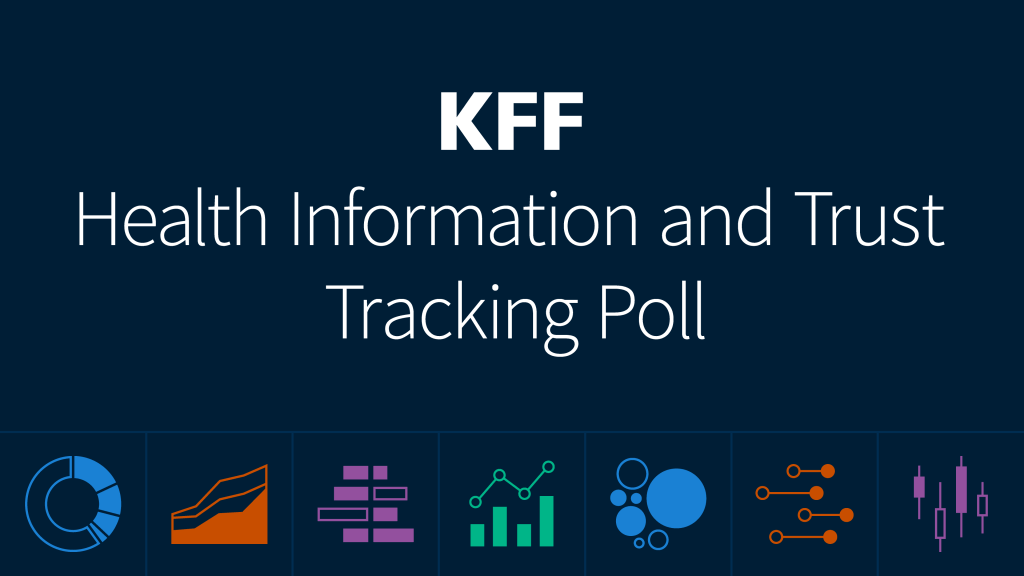Most Adults Do Not Expect to Get a COVID-19 Shot This Fall; Many Parents Confused About Recommendations for Children
As federal vaccine policy changes, this poll finds that most adults do not expect to get a COVID-19 vaccine this fall , and many parents are confused and uncertain about whether the vaccine is recommended for healthy children this year. About 1 in 5 adults nationally say the changes to vaccine policy are making people safer, while more than a third say they are making people less safe.








